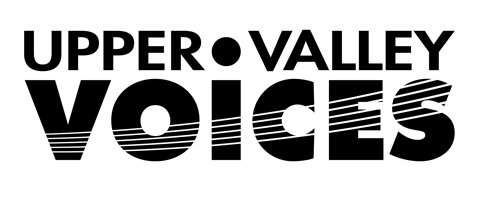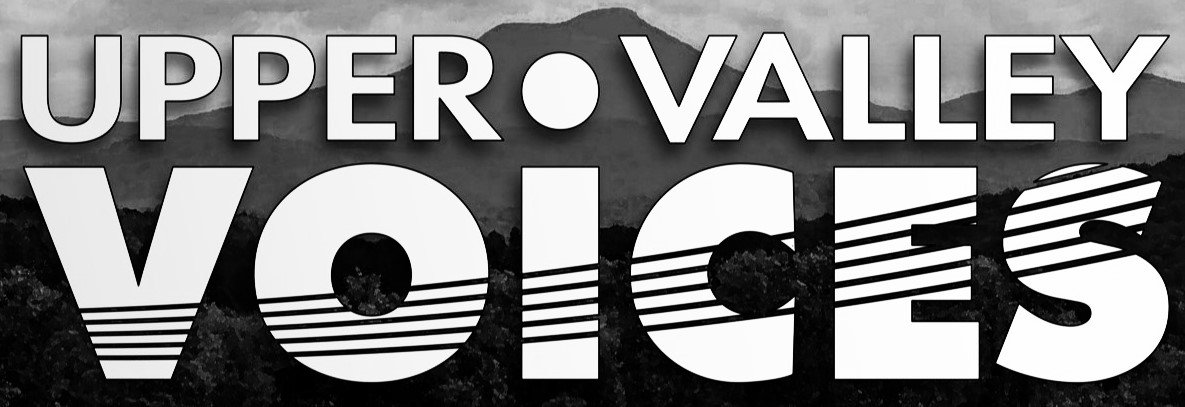Kevin Quigley has been working in the arts for most of his life. After earning his BFA in Classical Vocal Performance with a concentration in 20th Century idioms from Carnegie Mellon University, he split his artistic pursuits along several paths: performing in classical, jazz, and music theater in Pittsburgh, New York City, and the Upper Valley of Vermont and New Hampshire; working as a graphic designer, leading teams for UBS and Morgan Stanley; and producing work as a director and composer in contemporary music, theater, and dance, and serving as Artistic Director for several cross-media performance ensembles.
In addition to directing the Thetford Chamber Singers, Kevin has worked with Revels North as a performer, arranger, and Music Director as well as the Director of the Summer Solstice performance. He serves on the faculty of the Community College of Vermont (WRJ), the Sharon Academy Middle School (Sharon), the Upper Valley Waldorf School (Quechee), and the Spacial Dynamics Institute (Mechanicville, NY). He has also held teaching positions at The Center for Cartoon Studies (WRJ), Creative Lives After School Program (WRJ), Dothan Brook Elementary (WRJ), Revels Kids (Windsor), and the Vermont Independent School of the Arts (Sharon), among others. He teaches a wide variety of subjects including: classical/jazz/contemporary vocal technique, musical and theatrical improvisation, group singing and chorus, movement, graphic design, art, and archery. Kevin has maintained a practice as a counselor using Tarot and Feng Shui, has several articles published in Llewellyn’s annual journals, and is currently working on his own book and deck of cards. Kevin is also a licensed Spacial Dynamics® and Bothmer® Gymnastics instructor who has presented movement workshops in a variety of venues.
Philosophy
Kevin believes it is vital for a being to always be learning something new – it keeps the brain facile and the spirit enlivened. And if it’s possible to teach others what one has learned, all the better. In undertaking any endeavor where creativity and personal expression is required, it is of primary importance that the space (the rehearsal space, the performance area, the classroom, etc.) feels safe to enter. With group singing, this is especially true. Offering one’s voice in a public way is an inherently vulnerable thing to do. I want my artists and singers to feel safe exploring and experimenting with the sounds they produce. I prefer to introduce the repertoire we will be presenting as much from the “whole to the parts” as possible. That is, we learn our parts incredibly quickly and sing them strongly as soon as we are able – with lots of wonderful mistakes – so that we are able to gain a visceral experience of the full scope, impact, and meaning of each individual piece. In this way, we allow the piece to hold us as we learn it – we have an idea of its character, its physical and emotional requirements, and of what it has to say as a complete work. We’ll then go back in and refine all of the details, but we’ll do this with a strong understanding of where we’re headed. When taking this path, most performers discover that the stresses of the more common academic, perfectionistic, step-by-step approach dissolve and mistakes can be welcomed in to the process an can often actually be enjoyed.
Once we have given ourselves permission to laugh when we get something wrong, we relax and can allow ourselves to grow into a performance rather than build it up, perfect brick by perfect brick. Rather than a solid wall, we build something free that is full of light and air. Instead of filling it with all the stress and sweat of our hard work, our performance remains an open vessel into which we may pour whatever it is our heart feels is required in the moment. We are able to offer something authentic and real and truly present with each phrase. We allow ourselves to be moved by the piece that holds us and, in sharing that with our audience, allow them to be held as well.



